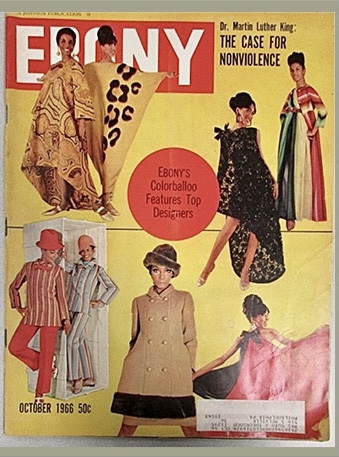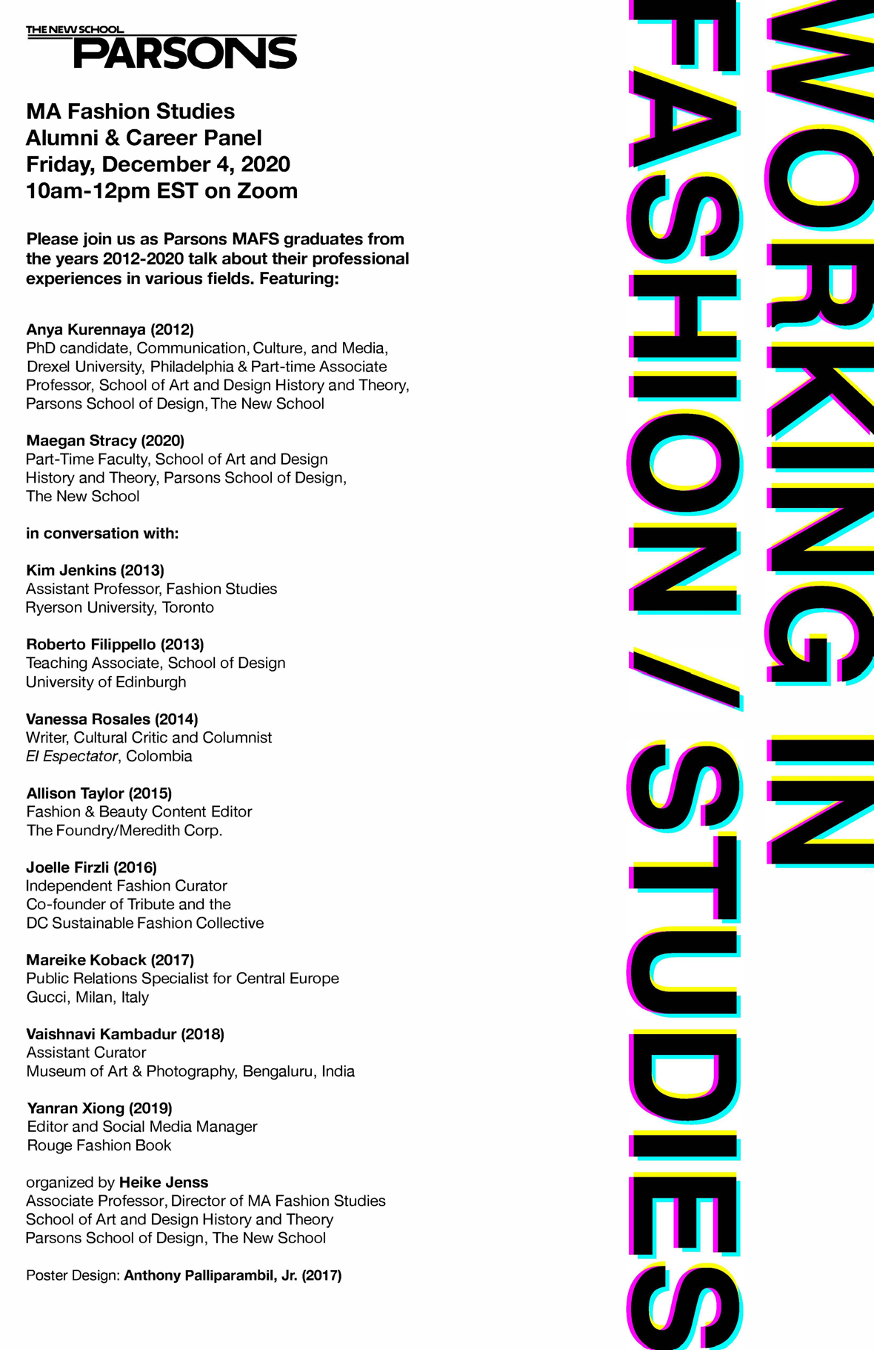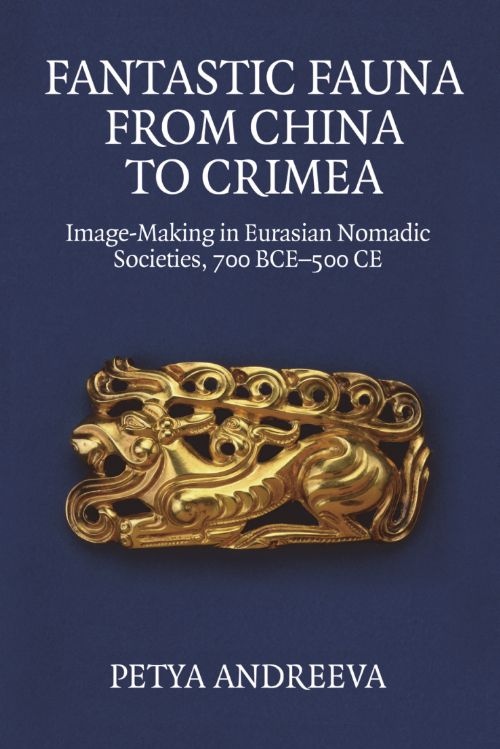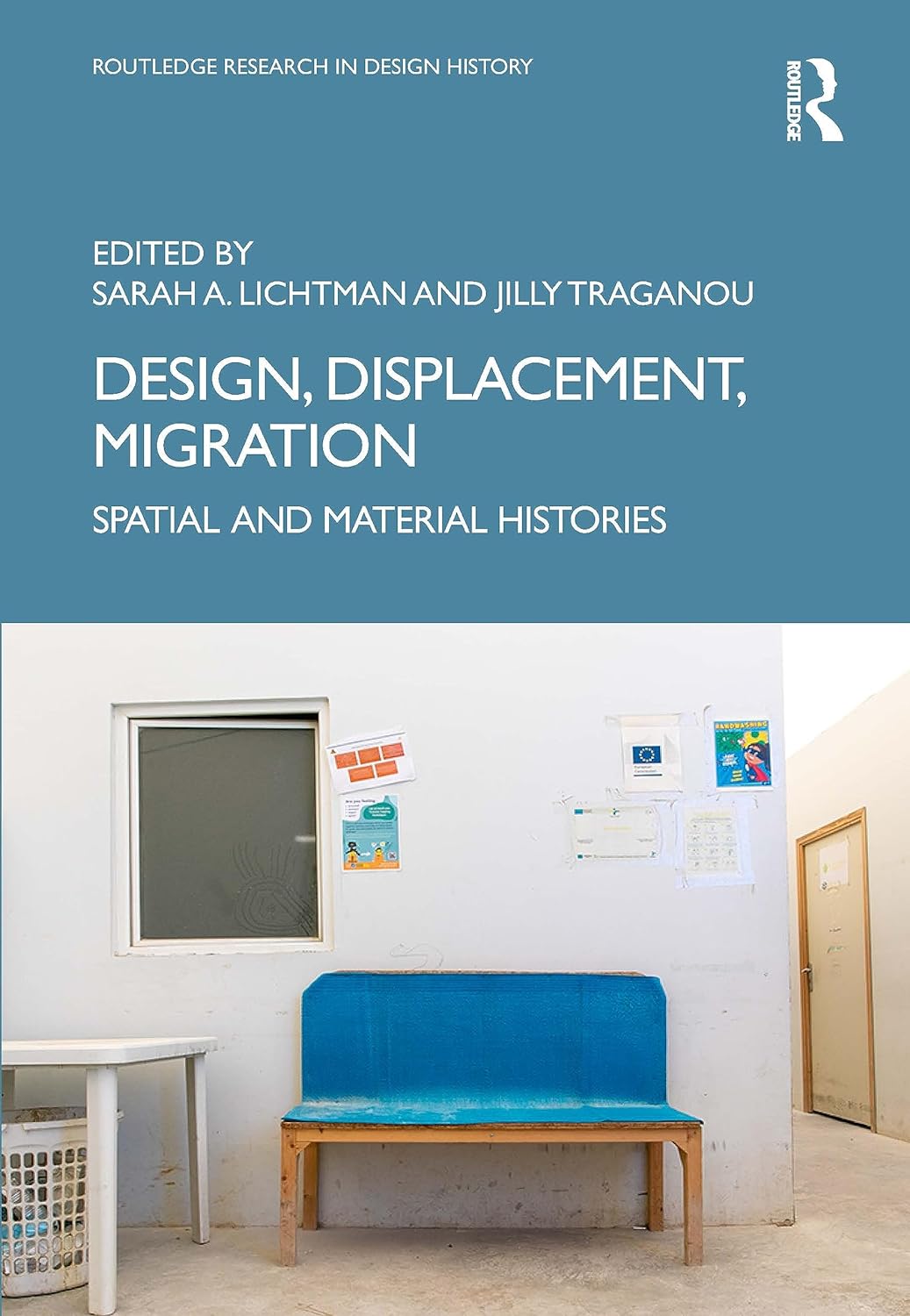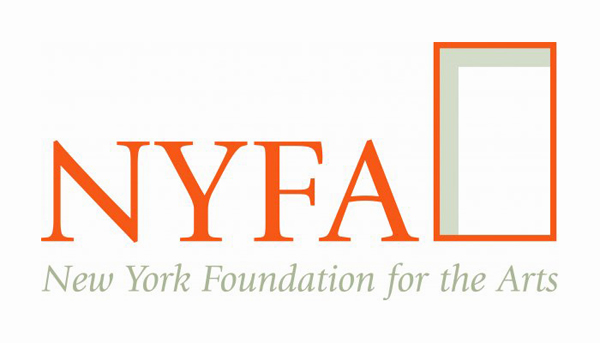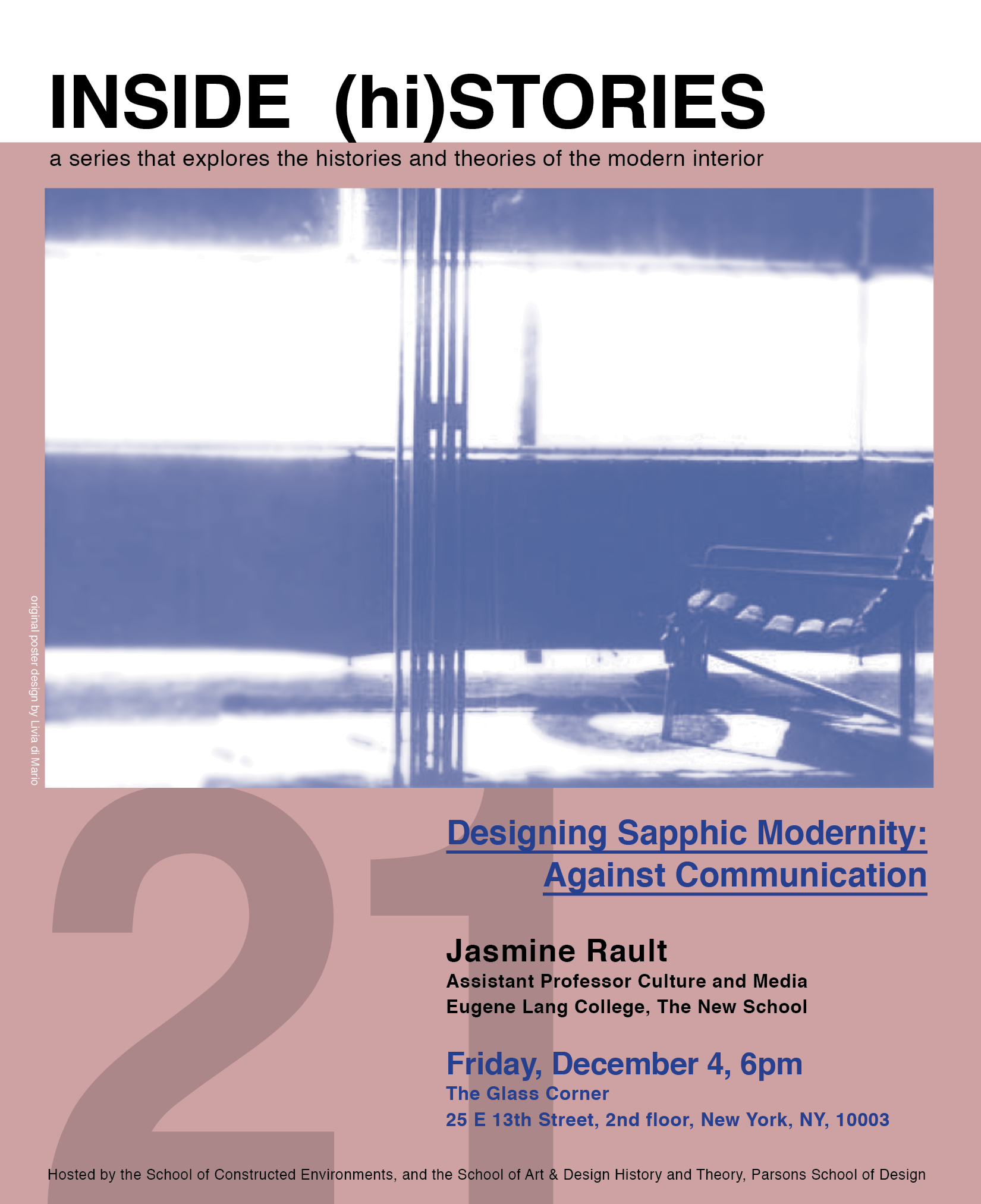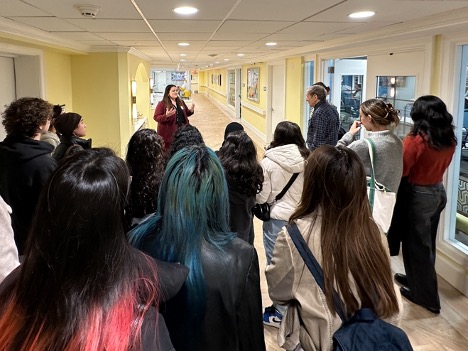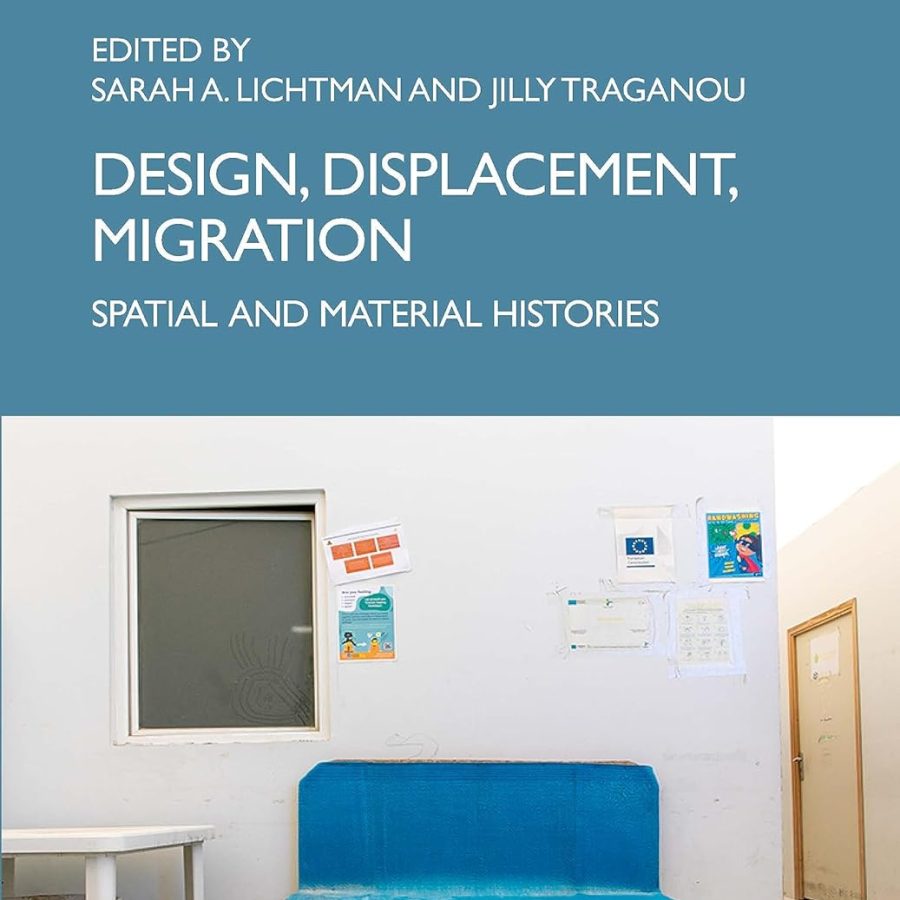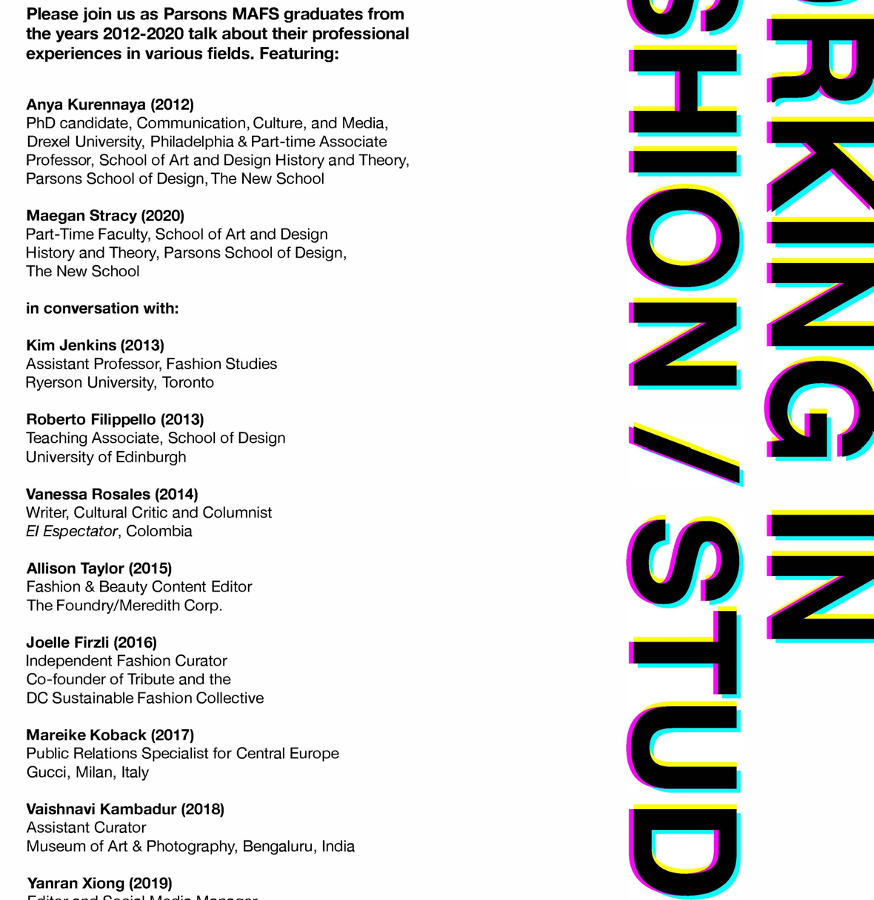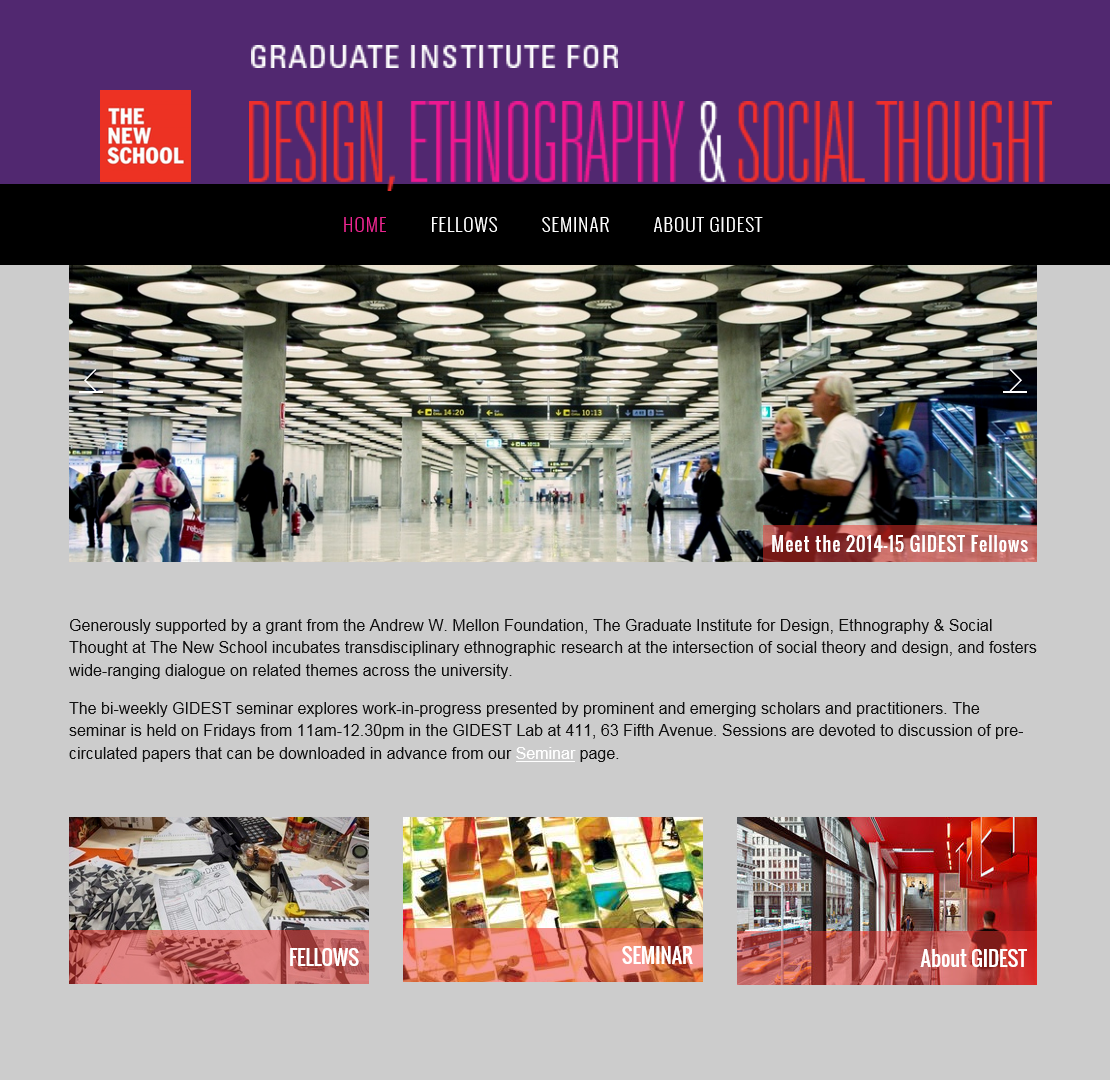Included in this year’s recipients of the prestigious Graduate Institute for Design, Ethnography, and Social Thought (GIDEST) Fellowships is director of Fashion Studies Christina Moon. Funded by a grant from the Andrew W. Mellon Foundation to advance and celebrate noteworthy research at the intersection of design and social theory, Moon recently kicked off the annual GIDEST seminar series with her presentation, “The Slow Road to Fast Fashion.” In the past, Moon’s research has examined the design trends and complex biome of fashion manufacturing from an anthropological perspective. Her most recent efforts explore the oft-derogatorily connoted world of “fast fashion,” and the cultural and practical realities and economic relationships implicated by the inherent nature of the production field.
Throughout the presentation and discussion, which took place on September 26, Moon spoke about her ongoing ethnographical collaboration with photographer Lauren Lancaster. Over the past two years, Moon has been working with Korean families and garment factory owners in Los Angeles. Compelled to transform their small-scale, independent clothing production facilities into wholesale distributors of outsourced ‘fast fashion,’ these individuals have played a significant role in the rise of retail titans like Forever 21, Urban Outfitters, Nordstrom, H&M, and American Apparel in the past decade. Moon’s research sheds empirical light upon previously suspected but not necessarily understood social practices of the fast fashion industry.
- Daily operations at one of Sans Souci’s warehouses. Photo: Lauren Lancaster
Much scholarship remains to be conducted on fast fashion, and such pursuits are not always granted funding. Moon says that part of the problem may be that the fashion world is often wrongly schematized as a pyramid, with Anna Wintour and “high fashion” designers at the very top, trickling down to the fast fashion market all the way at the bottom for “general consumers.” Hoping to overturn such misconceptions, Moon says that the world of fast fashion—and the contentious conditions and ethics by which the industry has operated thus far—reveals a crisis of great magnitude and consequence.
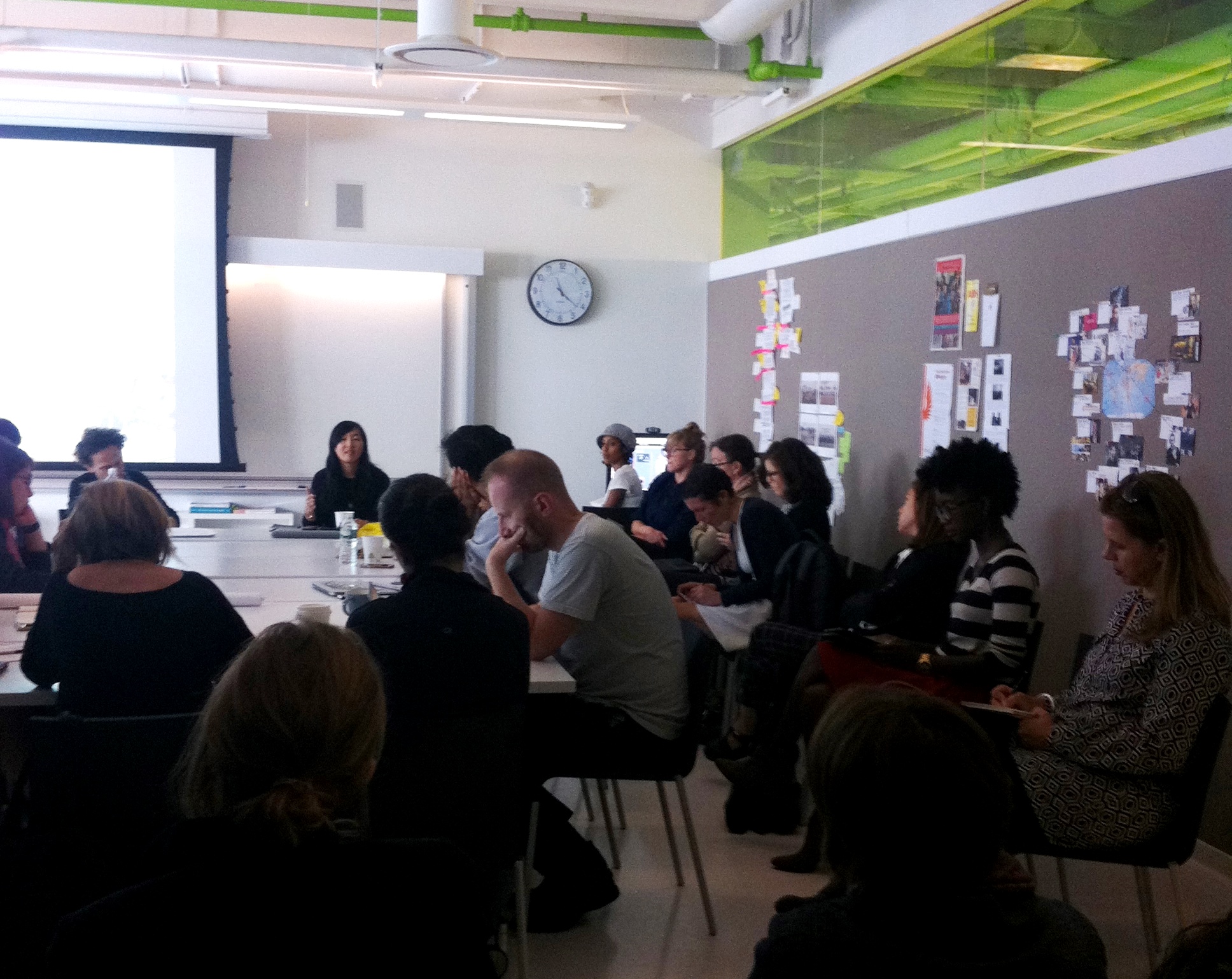
Moon presents her work with the commencement of the GIDEST seminar series. Photo: Marina Claire Williams
China and India, closely followed by Mexico, have been the largest nations for outsourced factory labor in the industry, but even such countries are now becoming “too expensive.” Fast fashion has recently witnessed a migration towards more troubled economies in Southeast Asian countries like Cambodia and Vietnam. To merely protest corporations, purchase from independent designers, artisans, or vintage shops, or demonstrate personal resistance is not enough. According to Moon, the reality of the situation shows that people in struggling countries do need jobs, often working to support families at meager compensation rates. Even the factory owners who perpetuate such conditions are in some sense trapped by the larger market forces of supply and demand.
Despite the problems at hand, Moon remains optimistic, as she considers fashion and particularly fast fashion to be constantly evolving industries with opportunities for innovation and transformation. When queried about her social responsibility as a designer and how those two aspects intersect in her work, she responded: “I’m an educator. My way of being socially responsible is through the students who will be designers, informing them so they know accurately what’s going on and have the utilities to fix it. That’s my role here, going out and doing the research, and sharing it with my students.”
–Marina Claire Williams

